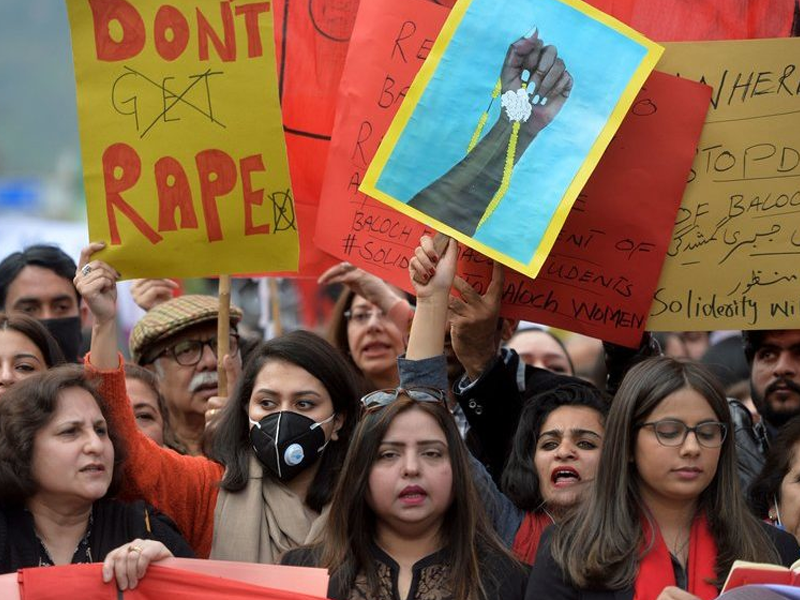Advancing women's rights in Pakistan: challenges and progress

- 145
- 0
Introduction: Women's rights have long been a topic of discussion and activism worldwide, and Pakistan is no exception. Situated at the crossroads of tradition and modernity, Pakistan grapples with a complex array of socio-cultural norms, religious influences, and legal frameworks that shape the status and rights of women within its society. Despite significant challenges, there have been notable strides in advancing women's rights in recent years, reflecting a growing recognition of the importance of gender equality for social development and progress. This article examines the landscape of women's rights in Pakistan, highlighting both the obstacles that remain and the progress that has been achieved.
Historical Context: Pakistan's history is marked by a blend of cultural traditions, religious practices, and colonial legacies that have shaped societal attitudes towards women. From the partition in 1947 to subsequent decades of political upheaval and social change, women have often found themselves marginalized within patriarchal structures. However, throughout history, there have been movements and individuals advocating for women's rights, pushing for greater equality and recognition of women's contributions to society.
Challenges: Despite progress in recent years, Pakistan still faces significant challenges in ensuring gender equality and safeguarding women's rights. These challenges include:
Cultural and Social Norms: Deeply ingrained patriarchal attitudes continue to dictate gender roles and behaviors within Pakistani society. Women often face discrimination and violence, both in public and private spheres, due to these norms.
Legal Framework: While Pakistan has laws in place to protect women's rights, enforcement remains a challenge. Additionally, discriminatory laws and practices, such as the Hudood Ordinances, have historically disadvantaged women in areas such as marriage, divorce, and inheritance.
Education and Employment: Limited access to education and economic opportunities further exacerbate gender disparities in Pakistan. Women are often denied equal access to schooling and face barriers to entering the workforce, limiting their ability to achieve economic independence and social empowerment.
Progress: Despite these challenges, there have been significant advancements in promoting women's rights in Pakistan. Some key areas of progress include:
Legal Reforms: Efforts have been made to reform discriminatory laws and improve legal protections for women. Repealing the Hudood Ordinances in 2006 was a significant step towards ensuring equal rights for women within the legal system.
Education Initiatives: Government and non-governmental organizations have launched initiatives to promote girls' education and literacy rates. Investments in education have the potential to empower women, enhance their economic prospects, and challenge traditional gender roles.
Women's Political Participation: Women's representation in politics has increased in recent years, with quotas ensuring a minimum number of seats for women in national and provincial assemblies. This increased representation provides women with a platform to advocate for their rights and shape public policy.
Awareness and Advocacy: Civil society organizations and grassroots movements play a crucial role in raising awareness about women's rights issues and advocating for policy change. Through campaigns, protests, and advocacy efforts, these groups work to challenge discriminatory practices and promote gender equality.
Conclusion: In conclusion, while Pakistan still faces significant challenges in ensuring gender equality and protecting women's rights, there has been notable progress in recent years. Efforts to reform discriminatory laws, promote education, increase political participation, and raise awareness are critical steps towards achieving greater gender equality in Pakistani society. Continued commitment from government, civil society, and the international community is essential to build on these achievements and create a more inclusive and equitable society for all.
Published in The Daily National Courier, February, 10 2024
Like Business on Facebook, follow @DailyNCourier on Twitter to stay informed and join in the conversation.

















































